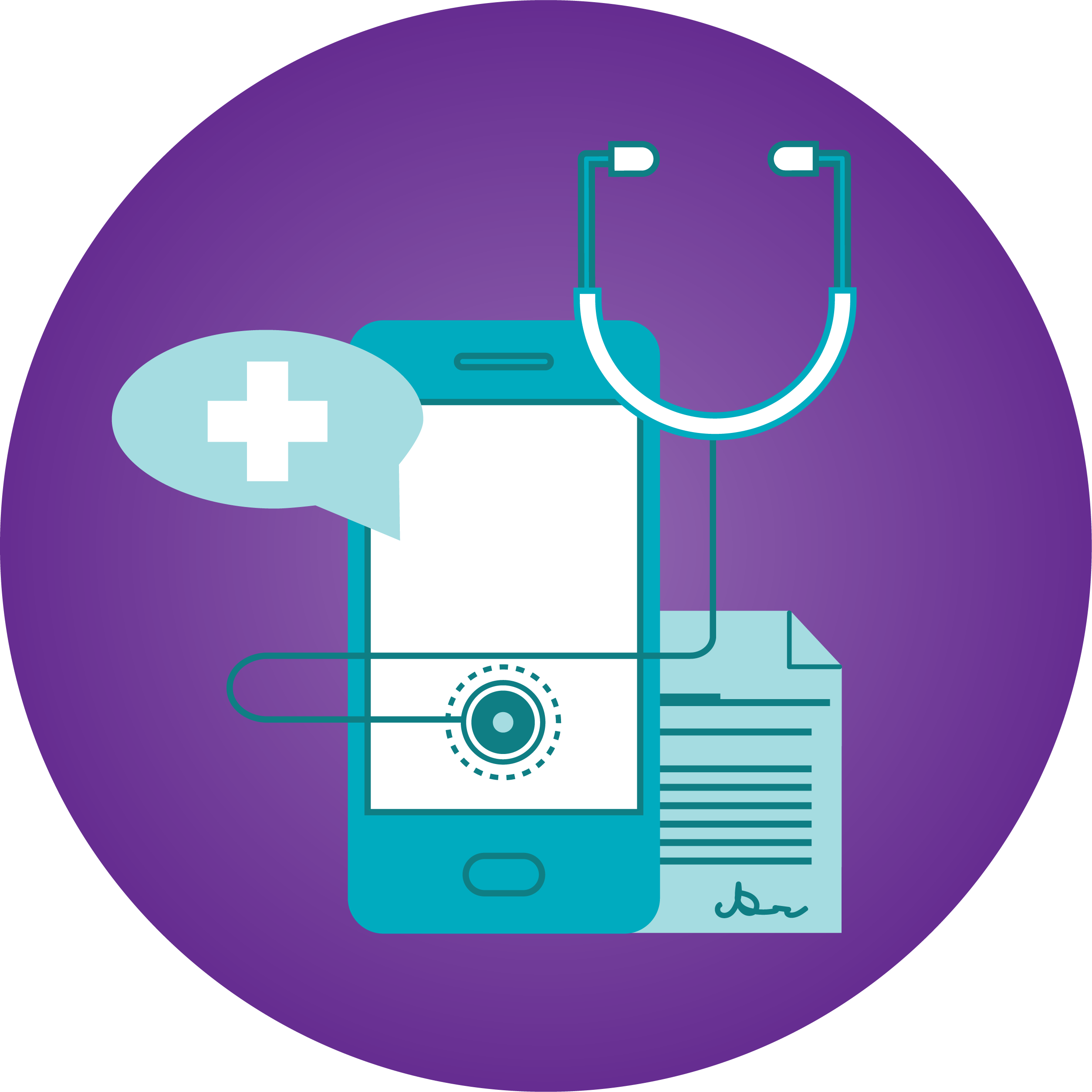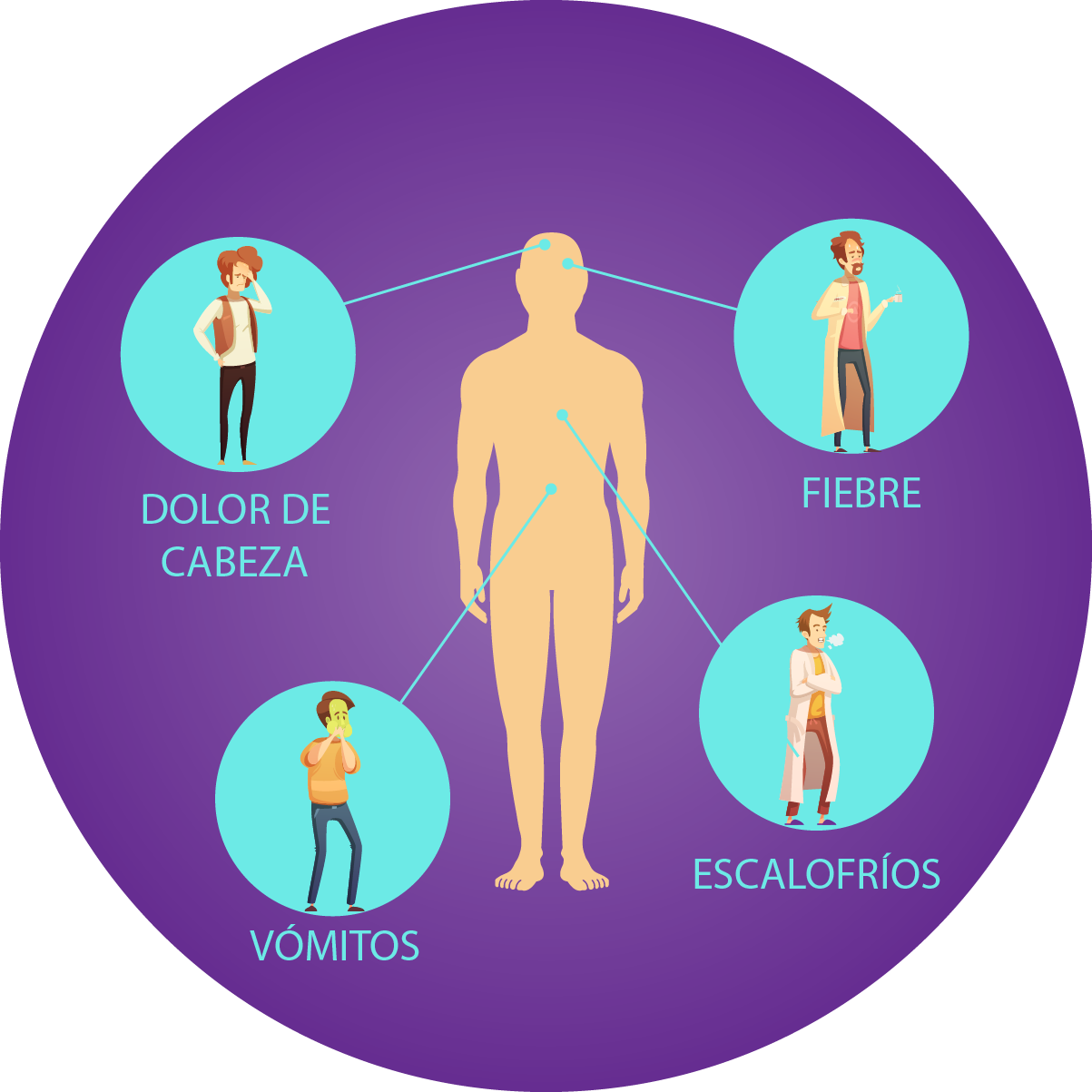Malaria

Following a bite from an infected Anopheles mosquito, the ‘sporozoites’ enter the body and reach the liver cells. Once there they reproduce, causing the cells to burst and entering the bloodstream as ‘merozoites’. These infect the red blood cells and divide within them, bursting them after a period of two to three days and being released again into the bloodstream, where they infect new red blood cells in a repeating cycle.
Though bites from the Anopheles mosquito are the most common cause of malaria, transmission can also occur via blood transfusions or organ transplants and, in the case of pregnant women, malaria can be congenitally passed to the foetus.
Each year around 500,000 people die from malaria, of whom 90% are in Sub-Saharan Africa. According to data from the World Health Organization (WHO), the illness mainly affects the areas of Africa, Asia and America located between the tropics of Cancer and Capricorn.

Preventing malaria
There are currently almost one hundred countries from which malaria has not been eradicated. When travelling to these areas, it is necessary to take certain precautions to prevent infection:
- Behavioural preventive measures include using long-sleeved shirts and long trousers to reduce exposed areas of skin, avoiding exposure between dusk and dawn (the times at which the risk of being bitten is highest) and staying in places that use mosquito nets for windows and doors or are air conditioned.
- It is also recommended to use an insect repellent every 4/6 hours on all exposed areas of skin (the most effective repellents contain DEET - N,N-Diethyl-m-toluamide – and picaridin) and to use insecticide on fabrics, mosquito nets and clothing before bed (pyrethroids are the most commonly used: permethrin 10-25%).
- Additionally and if your healthcare professional considers it necessary, depending on your state of health, where you are travelling to and the length of your trip, treatment can be recommended with chemoprophylaxis (atovaquone-proguanil) to prevent contracting malaria via the pathogen Plasmodium falciparum. Remember to start treatment 24 to 48 hours before travel and to continue during the stay and for 7 days after leaving the endemic zone. It will be essential for you to take sufficient tablets for every day of the trip and not to forget to take a dose.
- Finally, if you notice that you have a high temperature (≥ 38 °C) after having been in an endemic malaria zone at least 7 days previously and you do not have the chance to receive medical attention within 24 hours after symptoms have started, you can use an emergency treatment with atovaquone-proguanil: 4 tablets in a single dose for 3 consecutive days, which should always be taken with food or dairy products.
Symptoms
The symptoms of a malaria infection appear from 7 days after being bitten by the Anopheles mosquito. Symptoms experienced as a result of parasites entering the bloodstream include high temperature, feeling hot and shivery, headaches and vomiting. You may also observe blood in your stools or jaundice (yellowed skin) and suffer from muscle pains or spasms.
As the parasites take two or three days to destroy the red blood cells, the malaria symptoms occur in cycles of 48 or 72 hours. Patients can suffer from anaemia due to the loss of red blood cells: the loss of large amounts of haemoglobin from the bloodstream.


Diagnosis and treatments
To confirm a malaria infection, it is necessary to perform a blood smear at intervals of six to twelve hours. This is an analysis of the number and shape of the patient’s blood cells. In addition, a haemogram test will make it possible to identify whether a patient is suffering from anaemia.
Once the diagnosis has been confirmed, the drug treatment will vary depending on the region in which the infection has been contracted. Most patients will require hospital care, especially those affected by the Plasmodium falciparum parasite, and some patients may need medical care or respiratory aid.

